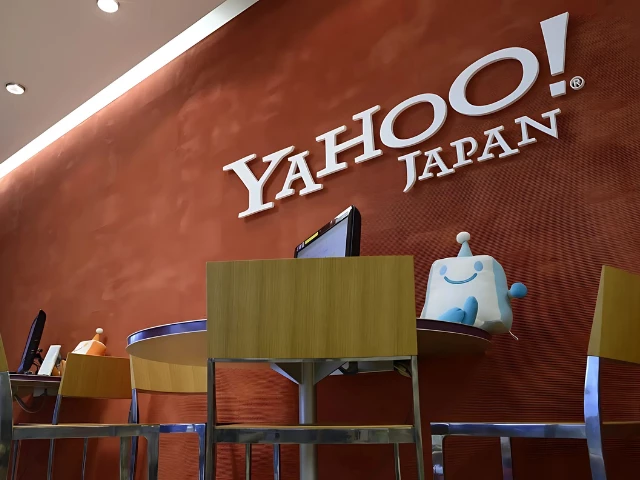Yahoo Japan implements AI to double productivity by 2028
Yahoo Japan requires all 11,000 employees to use AI tools to automate 30% of daily tasks

Yahoo Japan is placing a significant bet on generative AI to revolutionise its workplace, mandating that all 11,000 employees integrate AI tools into their daily tasks with the goal of doubling productivity by 2028.
The company, which also operates the messaging platform LINE, plans to use AI to handle routine tasks such as research, meeting documentation, expense management, and even competitive analysis.
The initiative is designed to allow employees to focus more on high-level thinking and communication by automating the groundwork, as reported by PC Watch.
Yahoo Japan's approach targets the 30% of daily tasks that the company estimates consume a large portion of employees' time, including searching, drafting documents, and handling meeting notes.
The company has already developed internal tools such as SeekAI to manage tasks like expense claims and data searches, with the AI tools also set to assist in creating agendas, summarising meetings, and proofreading reports.
The goal is clear: to transform AI from just a cost-saving measure into a tool that fuels innovation and drives productivity.
Yahoo Japan Requires All 11,000 Employees to Use Generative AI to Double Productivity by 2028 Yahoo Japan wants all of its employees to start using generative AI and hopes to increase its productivity by 2028. https://t.co/sxjP9azP2w pic.twitter.com/IexdqVvKv6
— DX Today (@RickSpairDX) July 21, 2025
Yahoo Japan believes that by automating the more repetitive aspects of work, employees can redirect their focus towards decision-making and problem-solving, areas where human input remains essential.
Some experts caution against viewing AI as a complete substitute for human workers. A recent report by Orgvue highlighted that many UK businesses that replaced staff with AI now regret the decision, citing that while AI can streamline processes, it struggles in areas requiring empathy, nuance, or real-world context.
Despite these concerns, Yahoo Japan’s model, which focuses on AI as a supportive tool rather than a replacement, appears more sustainable in the long run.
This approach could help reshape workplaces without the disruption associated with job losses, emphasising that AI should complement human skills, not replace them.
If executed thoughtfully, the company’s plan could set a precedent for how AI can enhance productivity while maintaining the value of human input.



















COMMENTS
Comments are moderated and generally will be posted if they are on-topic and not abusive.
For more information, please see our Comments FAQ